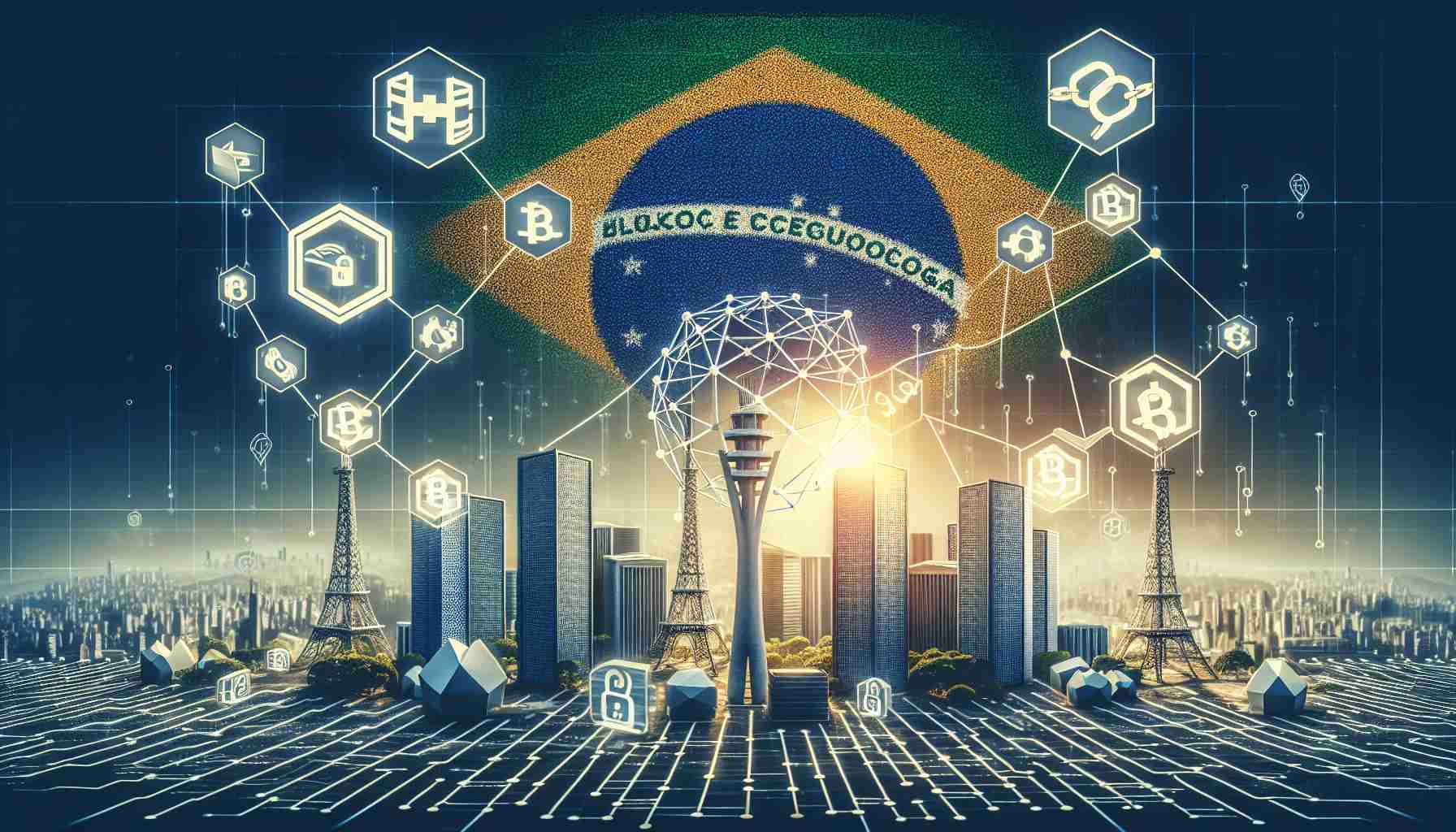Telefónica, one of the world’s leading telecommunication services providers, has announced a new partnership with decentralized oracle network Chainlink. The collaboration aims to bolster security measures against Web3-related hacks and exploits, specifically targeting “SIM Swap” attacks.
The primary focus of the partnership is to provide enhanced security for smart contracts that interact with other Application Programmable Interfaces (APIs) on the GSMA Open Gateway. Created by the Global System for Mobile Communications (GSMA), the Open Gateway project introduces APIs to integrate telecom technologies into the Web3 ecosystem.
By integrating Telco capabilities into the blockchain industry, Telefónica and Chainlink aim to establish secure oracle networks that deliver real-world data on-chain. This interconnected ecosystem not only enhances the functionality of Web3 applications but also contributes to a more robust and verifiable digital landscape.
One of the initial use cases for this collaboration will be the prevention of “SIM Swap” attacks. These attacks involve identity theft and false impersonation of a financial account holder, posing a significant threat to the Web3 industry. A recent example of such fraud occurred during the collapse of the FTX exchange, resulting in the theft of $400 million.
Telefónica plans to introduce the first GSMA Open Gateway API, named SIM SWAP, in Brazil. This integration adds an additional layer of security to blockchain transactions by allowing smart contracts to verify if a device’s SIM card has undergone any unauthorized changes.
By implementing this advanced security measure, Telefónica and Chainlink demonstrate their commitment to safeguarding blockchain transactions in Brazil. As the Web3 industry continues to evolve, partnerships like this play a crucial role in mitigating potential risks and ensuring the integrity of the digital ecosystem.
In conclusion, Telefónica’s partnership with Chainlink marks a significant step towards integrating Telco capabilities into the blockchain industry. By addressing security concerns and enabling secure oracle networks, they contribute to the ongoing development of Web3 applications and a more resilient digital landscape.
FAQ:
1. What is the partnership between Telefónica and Chainlink?
Telefónica, a leading telecommunication services provider, has partnered with decentralized oracle network Chainlink. The collaboration aims to enhance security measures against Web3-related hacks and exploits, particularly targeting “SIM Swap” attacks.
2. What is the focus of this partnership?
The primary focus of the partnership is to provide enhanced security for smart contracts that interact with other Application Programmable Interfaces (APIs) on the GSMA Open Gateway. The GSMA Open Gateway project integrates telecom technologies into the Web3 ecosystem through APIs.
3. What is the goal of integrating Telco capabilities into the blockchain industry?
By integrating Telco capabilities into the blockchain industry, Telefónica and Chainlink aim to establish secure oracle networks that provide real-world data on-chain. This interconnected ecosystem enhances the functionality of Web3 applications and contributes to a more secure and verifiable digital landscape.
4. What is one of the initial use cases for this collaboration?
One of the initial use cases for this collaboration is the prevention of “SIM Swap” attacks. These attacks involve identity theft and false impersonation of a financial account holder, posing a significant threat to the Web3 industry. Telefónica plans to introduce an API called SIM SWAP in Brazil to add an extra layer of security to blockchain transactions.
5. How does the partnership contribute to the safeguarding of blockchain transactions?
By implementing advanced security measures, such as device’s SIM card verification, Telefónica and Chainlink demonstrate their commitment to safeguarding blockchain transactions in Brazil. Partnerships like this play a crucial role in mitigating potential risks and ensuring the integrity of the digital ecosystem as the Web3 industry continues to evolve.
Definitions:
– Blockchain: A digital ledger in which transactions made in cryptocurrency are recorded chronologically and publicly.
– Decentralized oracle network: A system that connects off-chain data with on-chain smart contracts to enable the use of real-world data in blockchain applications.
– APIs: Application Programmable Interfaces are sets of rules and protocols that allow different software applications to communicate with each other.
Related links:
– Telefónica website
– Chainlink website
– GSMA website
[embedded content]

